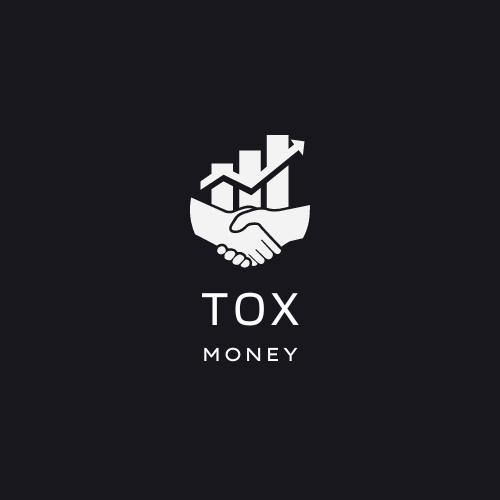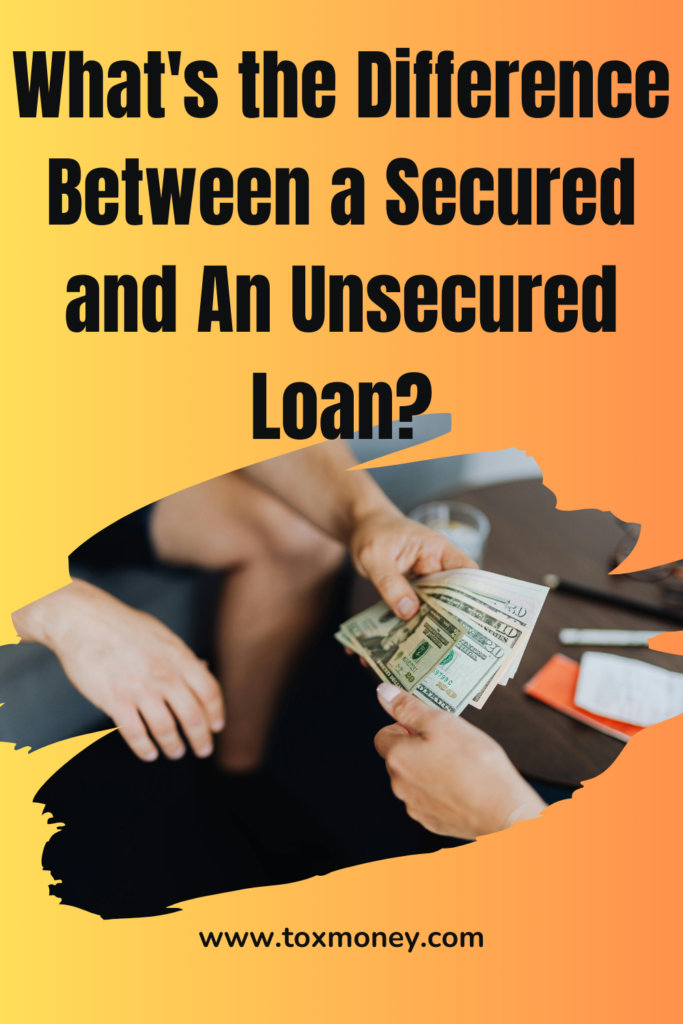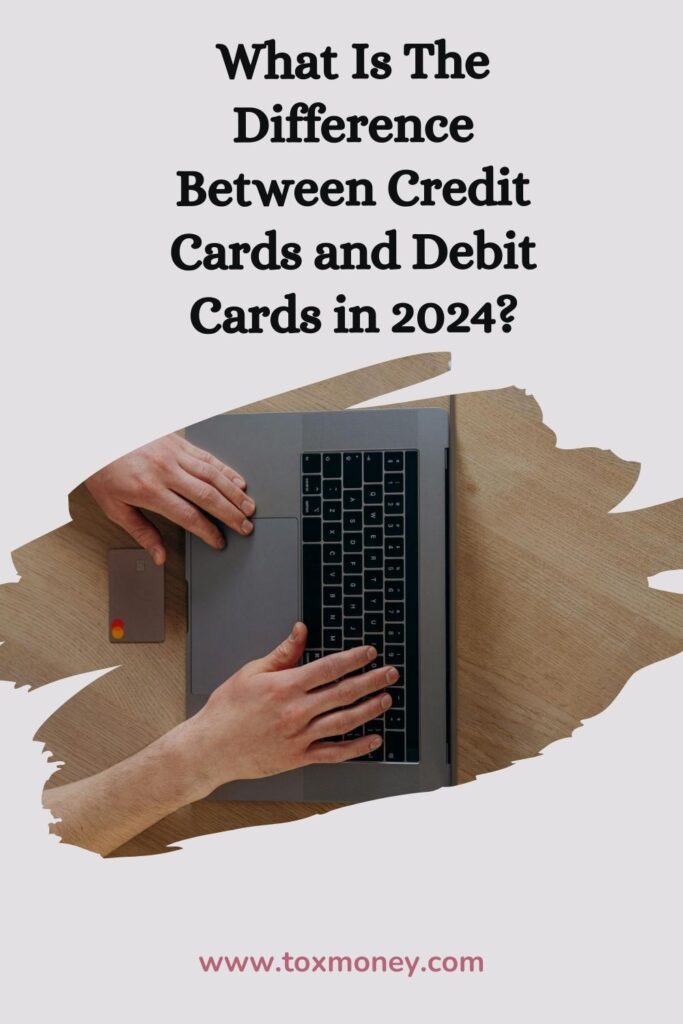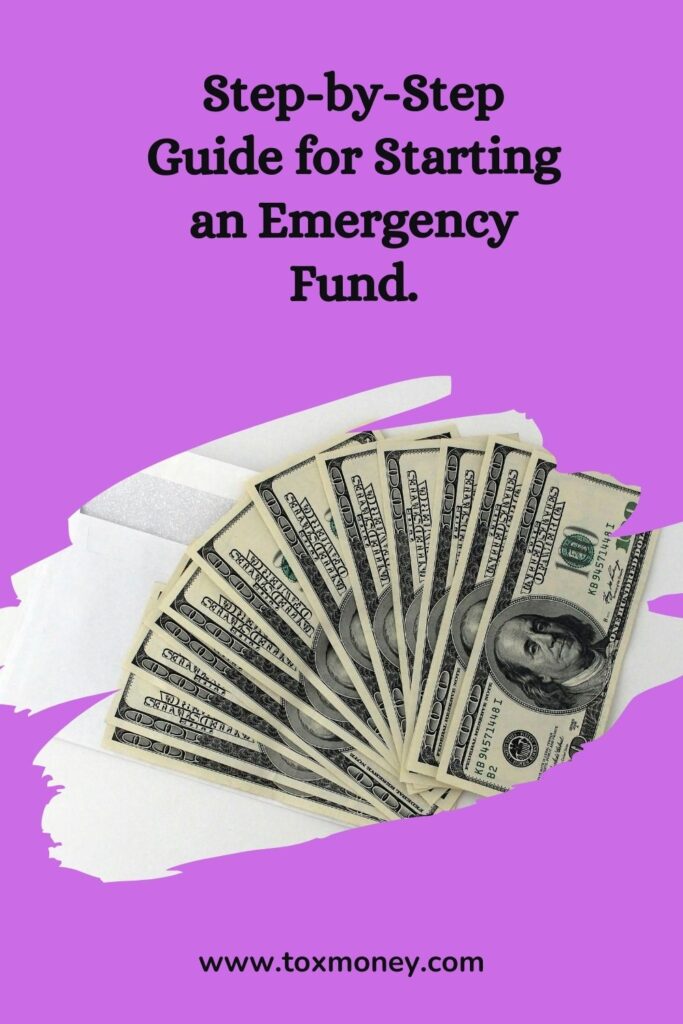The primary distinction between secured and unsecured loans is collateral: secured loans demand collateral, whereas unsecured loans do not.
Unsecured loans are the more popular of the two forms of personal loans, but they might have higher interest rates because they are solely based on your creditworthiness.
Here are the basic distinctions between secured and unsecured personal loans, including which lenders offer them and how to qualify.
How does a secured loan work?
A secured loan requires you to provide collateral, such as your automobile or an investment account, as part of the application procedure. Collateral can help you receive a cheaper rate on a personal loan or a larger loan amount, but you risk losing your asset if you don’t repay the loan.
What To Know About Secured Loans
Secured personal loans may be easier to qualify for than unsecured loans. A lender evaluates your credit score, history, income, and obligations, but adding collateral to your application might reduce the lender’s risk and increase its willingness to lend to you.
Rates: Secured loans tend to offer lower annual percentage rates than unsecured loans. Rates are determined using the same parameters that lenders use to qualify you, so the value of your collateral may influence your rate.
If you acquire finance with a vehicle, for example, the value of the vehicle influences whether you qualify and what rate you receive.
Repayments: Secured personal loans are typically repaid in predetermined monthly installments over a few years. Secured loans may have variable interest rates, resulting in varying monthly payment amounts.
Risk: Failure to repay a secured loan has two consequences: your credit will decrease, and the lender may seize the collateral, even after only a few missed payments.
Even a single missed payment can reduce your credit score by up to 100 points, and the damage will not be mitigated because it is a secured loan.
Secured loans can be obtained via a bank, credit union, or internet lender, however banks and credit unions are the most prevalent sources. These loans are frequently secured by a savings or certificate of deposit account, which you cannot use until the loan is fully repaid.
Vehicles are commonly used as collateral for secured loans offered by online lenders such as Oportun, Upgrade, and OneMain. Before lending to you, the lender may wish to assess the car.
Used for secured loans.
You may utilize the cash from a secured personal loan for nearly anything. You may secure the loan with your own automobile, but the cash might be used for a home repair project or another major investment.
How does an unsecured loan work?
An unsecured loan does not require collateral, thus acceptance is dependent solely on your credit. For some borrowers, this may mean paying higher interest than they would with a secured loan, but they will not risk losing an asset.
What you should know about unsecured loans.
Qualifying: Borrowers with strong or exceptional credit (690 credit score or higher) are more likely to be approved for unsecured loans. Lenders look at your credit score, history, and debt-to-income ratio to determine whether you qualify. Some lenders use different data, such as your college education and where you reside.
Rates: Unsecured loans have fixed rates ranging from 6% to 36%. The most eligible borrowers often receive the lowest APRs, while borrowers with fair or terrible credit (689 credit score or below) pay higher rates.
Repayment: Unsecured loans are typically repaid in predetermined monthly installments over a two to seven-year period.
Risk: Unsecured loans may be a safer option for some borrowers. If you fail to repay, just your credit will be impacted. If you are unable to make your monthly payments, some lenders will offer you a hardship plan. These programs may entail decreasing or delaying monthly payments.
If the loan is in default, which occurs 30 to 90 days after a missed payment, it may be transferred to collections, and the collections agency may eventually take you to court.
Where to obtain them: Online lenders can provide low interest rates as well as benefits like as speedy funding and a completely online approach.
Not all banks provide unsecured loans. The national banks that do include U.S. Bank, PNC, and Wells Fargo. If you are currently a customer, your bank may give you a reduced rate. Credit unions also provide unsecured loans.
Uses for unsecured loans.
An unsecured personal loan comes with minimal limits on how you may utilize the cash. Common applications include debt consolidation and home renovation projects, both of which can assist improve your overall financial situation.
Vacation, wedding, and relocating loans are frequently unsecured; nonetheless, personal loans are not normally suggested here because there may be more inexpensive methods to pay.
Should you seek an unsecured or secured personal loan?
If you believe an unsecured loan is a suitable fit for your financial situation, try pre-qualifying to see what rates a lender may give you. Pre-qualifying has no effect on your credit score and might help you determine how the monthly payments will fit into your budget.
If you believe a secured loan would be a better alternative, examine if borrowing money is worth the risk. For example, if you rely on your automobile to travel to work and a lender needs it as collateral, losing the car might result in lost income.
Some internet lenders provide personal loans to clients with weak credit, and they do not usually need collateral. However, if you are confident in your ability to make timely payments and desire a lower interest rate, collateral might be a useful tool.



